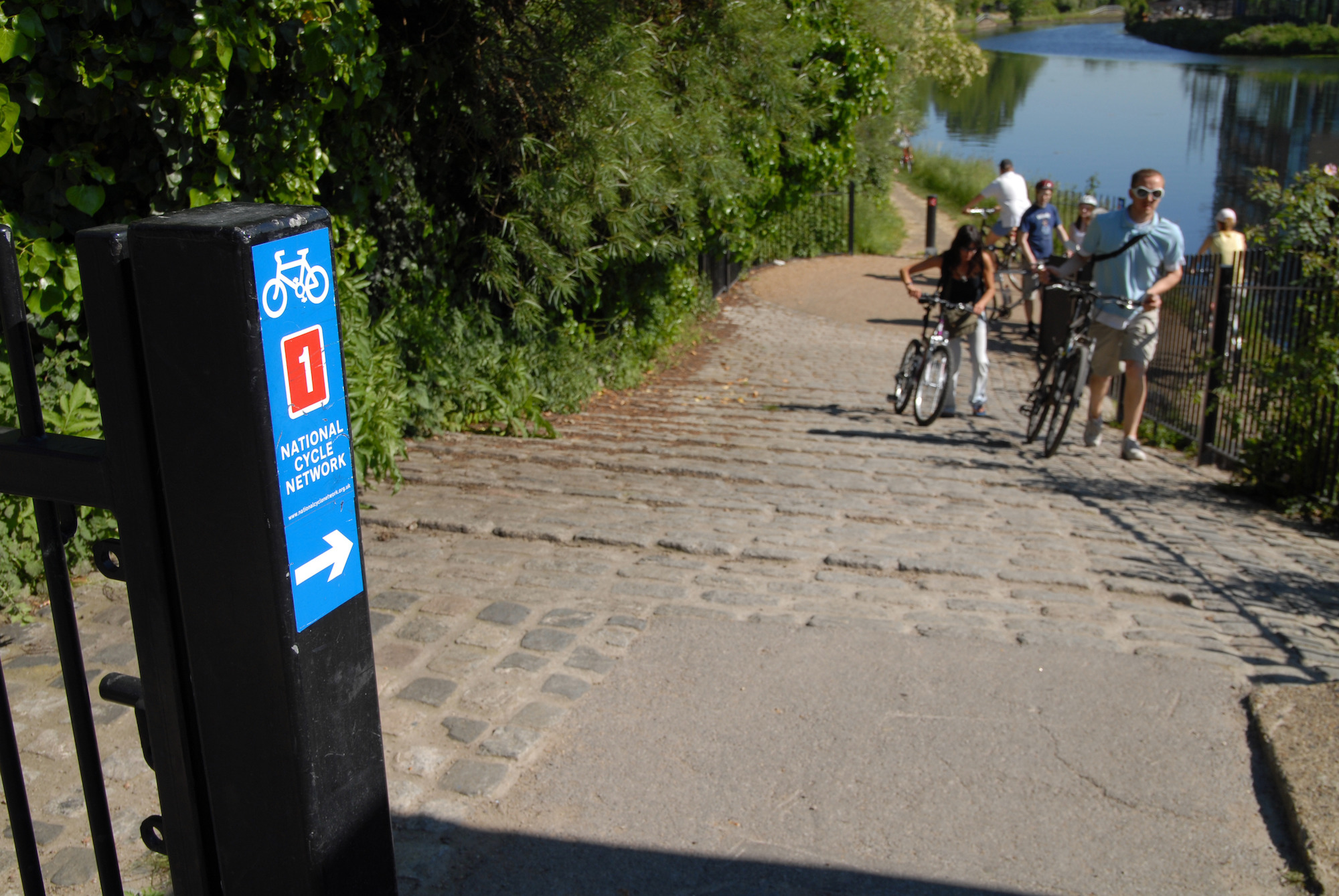Hundreds of miles of roads removed from National Cycle Network because they’re just not safe enough
Cycling and walking charity Sustrans is re-working the network to help families find routes


The latest race content, interviews, features, reviews and expert buying guides, direct to your inbox!
You are now subscribed
Your newsletter sign-up was successful
Hundreds of miles of roads have been removed from the National Cycle Network (NCN) because they’re not up to scratch.
Cycling and walking charity Sustrans, the charity that maintains the nationwide collection of bike routes, is making a number of changes to help families plan their routes more easily.
But as part of the redesign, Sustrans has announced that 753 miles (4.5 per cent of the network) of busy on-road sections will be removed from the NCN map because they “fall too far short of the quality standards.”
A quarter of the routes will also have their status changed to warn riders they are only suitable for more experienced cyclists.
CEO of Sustrans, Xavier Brice, said: “The National Cycle Network is a vital part of the UK’s green infrastructure, connecting people to places and to one another, providing family-friendly spaces and boosting local economies.
"In times of public health crisis and climate crisis, travelling actively has never been more important.”
Sustrans is reclassifying large chunks of the network as ‘Named Routes’, which are better suited to experienced riders.
The latest race content, interviews, features, reviews and expert buying guides, direct to your inbox!
These Named Routes include parts of the iconic Caledonia Way, C2C and Hadrian’s Cycle route, and make up around 18 per cent (3,090 miles) of the full network.
Redesigning the NCN follows at 2018 review, in which Sustrans found much of the route needed work.
The charity believes it will cost £2.8 billion to bring the network up to standard by 2040.
Brice added: “The move to differentiate paths and routes will help us offer more targeted and relevant information on the paths for everyone choosing to walk, cycle and wheel.
"It’s also an opportunity to promote routes as leisure cycling destinations in their own right and build the UK’s cycle touring offer to both domestic and international audiences.”
Sustrans also pointed out the economic benefits of cycling, which contributes around £2.5 billion to local economies through leisure and tourism each year.
Riders spent an estimated £10.3 million along the Caledonia Way in Scotland last year.
Chief executive of VisitScotland, Malcolm Roughead, said: “The tourism industry has been devastated by the coronavirus pandemic so we’re encouraging everyone to explore what’s on their doorstep, supporting businesses and enjoying all our beautiful country has to offer in a responsible way.
“Our own insights show that cycling is a popular activity particularly for domestic holidaymakers and day-trippers seeking a sense of wellbeing and the opportunity to take in some incredible sights along the way.
“The economic contribution of adventure tourism is vitally important too and has a key role to play as we look ahead to the recovery of Scotland’s visitor economy.”
Alex Ballinger is editor of BikeBiz magazine, the leading publication for the UK cycle industry, and is the former digital news editor for CyclingWeekly.com. After gaining experience in local newsrooms, national newspapers and in digital journalism, Alex found his calling in cycling, first as a reporter, then as news editor responsible for Cycling Weekly's online news output, and now as the editor of BikeBiz. Since pro cycling first captured his heart during the 2010 Tour de France (specifically the Contador-Schleck battle) Alex covered three Tours de France, multiple editions of the Tour of Britain, and the World Championships, while both writing and video presenting for Cycling Weekly. He also specialises in fitness writing, often throwing himself into the deep end to help readers improve their own power numbers. Away from the desk, Alex can be found racing time trials, riding BMX and mountain bikes, or exploring off-road on his gravel bike. He’s also an avid gamer, and can usually be found buried in an eclectic selection of books.
